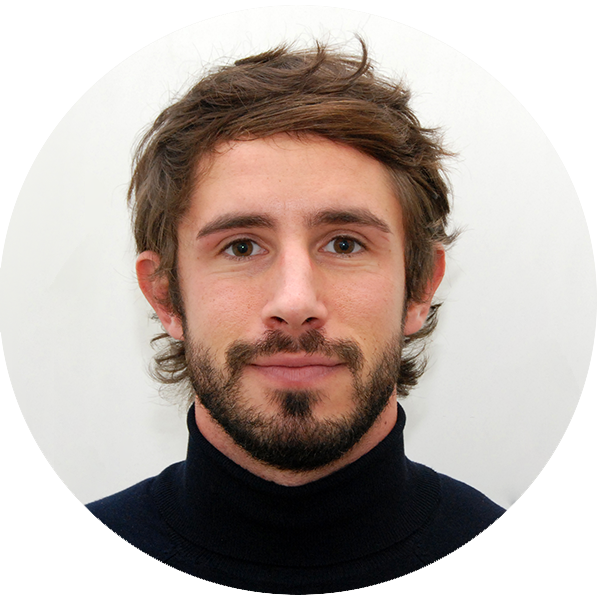
Today “Innovation” is a keyword used in a huge variety of contexts. In the business world, it has become almost synonymous with fame, fortune and money, and it is a tool that can make your business much more competitive. But what is innovation really?
If we Google it, we get the following result:
“Innovation – Every novelty, change, transformation that radically modifies or in any case causes an effective rejuvenation in a political or social order, in a production method, in a technique.”
Trying to translate it into simple words, innovation is nothing more than a change that positively transforms a situation or status quo. The concept of innovation is closely linked to one of the main dogmas of Lean Manufacturing: continuous improvement. If, within a company, it can be carried out through investments in R&D, Industry 4.0 technologies, innovation can also be carried out at an individual level. Each of us can achieve continuous improvement and be an innovator.
According to research published in the Harvard Business Review, there are 5 characteristics that distinguish the most innovative people:
- Ability to associate ideas, problems and situations: as Steve Jobs once said, “Creativity is connecting things”. Innovative people are able to generate ideas from old solutions, also taken from other areas, recombining them in a different way.
- Ability to ask questions: innovative people ask “Why?” and “What if?”, and they try to understand how existing processes (i.e. the status quo) can be modified to provide better results and are able to change their assumptions, going beyond the boundaries dictated by their own thinking and imagining opposite alternatives.
- Observation: innovators must be able to observe common phenomena in detail and without preconceptions.
- Experimentation: an innovator must be able to effectively translate new ideas into prototypes and pilot projects.
- Relationship: with this term, we intend to highlight that some of the innovator’s time and energy must be dedicated to the relationship with individuals capable of providing him with a radically different perspective on the same problem.
So, the question now is “how do you innovate?” Here are two pieces of advice I’d like to share:
CHANGE YOUR MENTALITY AND TRY TO GET OUT OF YOUR COMFORT ZONE
Our brain often tends to rest in routine, in already known thought patterns and, for this reason, finding the mental space to innovate is difficult. Innovating means allowing your mind to accept risky ideas, stepping outside the comfort zone and questioning your own little world. The price of freedom is uncertainty! If you can handle the emotional fear of not knowing what will happen, then you can absolutely be free and, without preset patterns, thinking out-of-the-box becomes simpler.
WORK AND INTERACT WITH PEOPLE DIFFERENT FROM YOURSELF
In our private and working lives, we tend to always relate to people who have the same mentality and worldview as ourselves, because they will always be ready to support our theories when necessary. Of course, It’s helpful to work with people who understand you and think like you, but not always. So, when you can, it’s always best to surround yourself with people who have a different mentality than your own. It is impossible to grow up without understanding the point of view of people with ideas distant from yours.
Ok, now what? How to put these tips into practice?
The options are many. You can start small, in daily life, traveling, meeting people with different lifestyles, attending multidisciplinary conferences, reading, etc. Otherwise you can make some slightly more “drastic” choices. Mine was to apply for an International MBA at MIP. What prompted me to limit my social life, choose to go back to school and devote time to classes and exams? Was it madness? Masochism? Maybe in part, yes, but the main motivation is the continuous search for personal innovation, which nowadays is becoming more and more a necessity rather than an option. And what better environment to reach it than in an international context full of ideas like an MBA?
About the author
|
|
Marco Di Salvio
Student of the International Part Time MBA at MIP Politecnico di Milano. |







